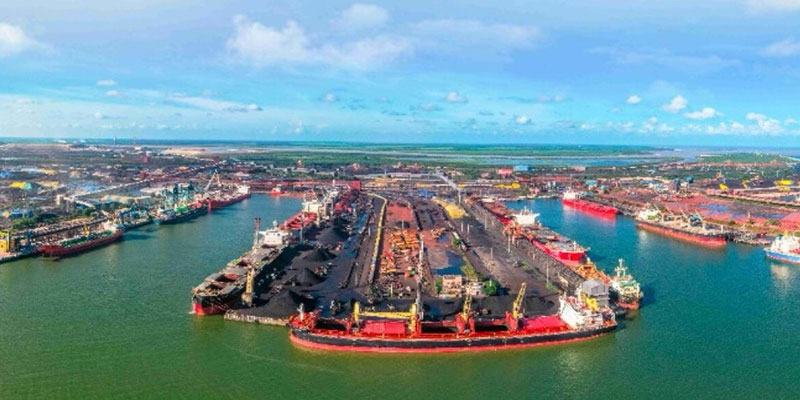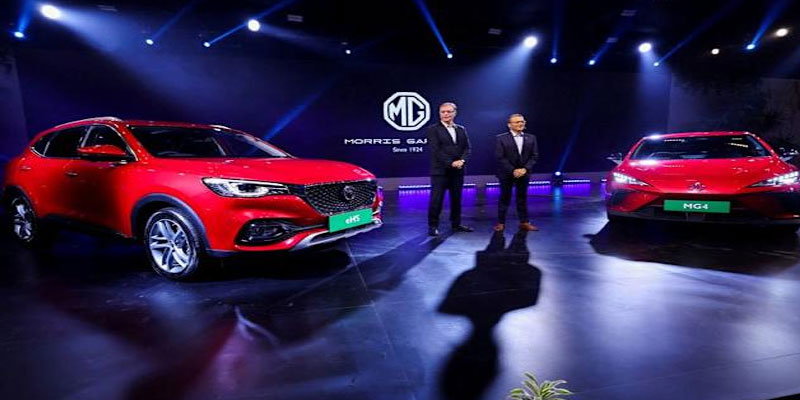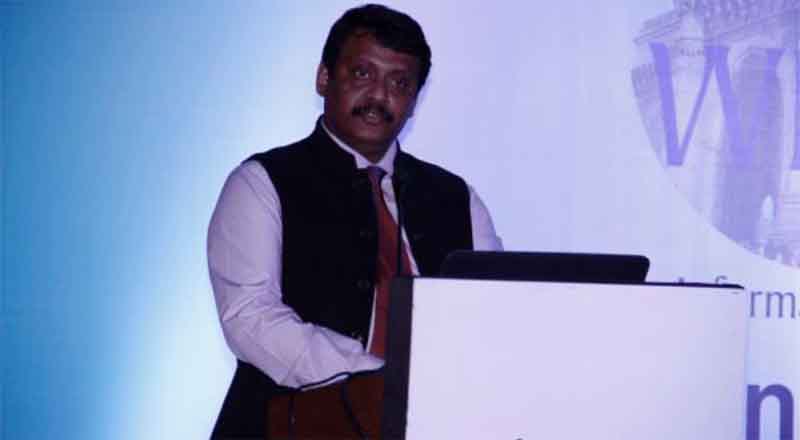A New Era for Indian Aerospace: Falcon 2000 Jets to Be ‘Made in India’
In a landmark move that reinforces India’s ambitions to become a global hub for aerospace manufacturing, France’s Dassault Aviation has joined hands with Anil Ambani-led Reliance Aerostructure Ltd (RAL) to manufacture its flagship Falcon 2000 business jets in Nagpur. Announced at the prestigious Paris Air Show, the strategic partnership marks the first time Dassault will build these jets outside France, with the first Indian-assembled Falcon 2000 expected to take flight by 2028.
This joint venture, Dassault Reliance Aerospace Ltd (DRAL), is not just a manufacturing arrangement — it’s a strategic milestone that aligns with the Make in India initiative and propels India into the ranks of nations producing next-gen executive aircraft alongside the US, France, Brazil, and Canada.
Dassault Aviation: France’s Aviation Powerhouse
Founded in 1929, Dassault Aviation is one of the world’s most respected aircraft manufacturers, known for its cutting-edge military fighters like the Mirage 2000 and Rafale, both of which are key assets in the Indian Air Force. Equally acclaimed in the business aviation world, Dassault’s Falcon series is a global leader in the executive jet category, with over 2,200 Falcon jets operating in 90+ countries.
Anil Ambani and the Rise of Reliance Aerostructure
Reliance Aerostructure Ltd, part of the Anil Ambani-led Reliance Group, entered the aerospace domain to complement India’s growing strategic autonomy. The company operates a manufacturing facility in MIHAN, Nagpur, which has already produced over 100 major subsections for Falcon 2000 jets since 2019. This JV with Dassault marks a pivotal expansion in Reliance's aerospace journey and a major boost to India’s aviation supply chain.
Strategic and Economic Significance of the JV
The Dassault-Reliance partnership will set up the first Final Assembly Line (FAL) in India for a civilian aircraft, positioning the country to fulfill both domestic demand and international orders. With an estimated annual production capacity of up to 24 aircraft, the project underscores a deepening trust in India’s industrial ecosystem.
In addition to final assembly, Dassault will transfer the production of wings, fuselage, and the front sections of Falcon 2000, Falcon 6X, and Falcon 8X to India. This high-level technology transfer will be complemented by significant facility upgrades, laying the groundwork for high-precision aviation production in India.
According to Dassault CEO Eric Trappier, “This agreement illustrates our firm intent to meet our ‘Make in India’ commitments and to contribute to the recognition of India as a major partner in the global aerospace supply chain.”
Boosting Jobs and Skill Development
The DRAL project will also create employment opportunities for several hundred engineers and technicians over the next decade, offering skilled roles in high-technology manufacturing. This supports not just local economies, but also India’s broader goal of upskilling its workforce for high-value industries.
A Giant Leap in Aerospace Self-Reliance
The decision by Dassault to manufacture Falcon 2000 business jets in India is a bold affirmation of the country’s growing capability in aerospace manufacturing. It strengthens India’s strategic autonomy, reinforces the credibility of the Make in India mission, and gives global recognition to the country’s potential as an industrial powerhouse.
This JV isn’t merely about assembling aircraft — it’s about building a legacy, transferring knowledge, creating jobs, and elevating India to the upper echelons of the global aviation industry. As Prime Minister Modi’s vision of “Make in India for the World” gains altitude, the Falcon 2000s flying out of Nagpur may just become a symbol of India’s aerospace resurgence.
(With agency inputs)





















